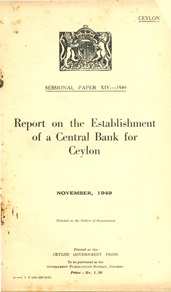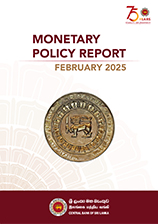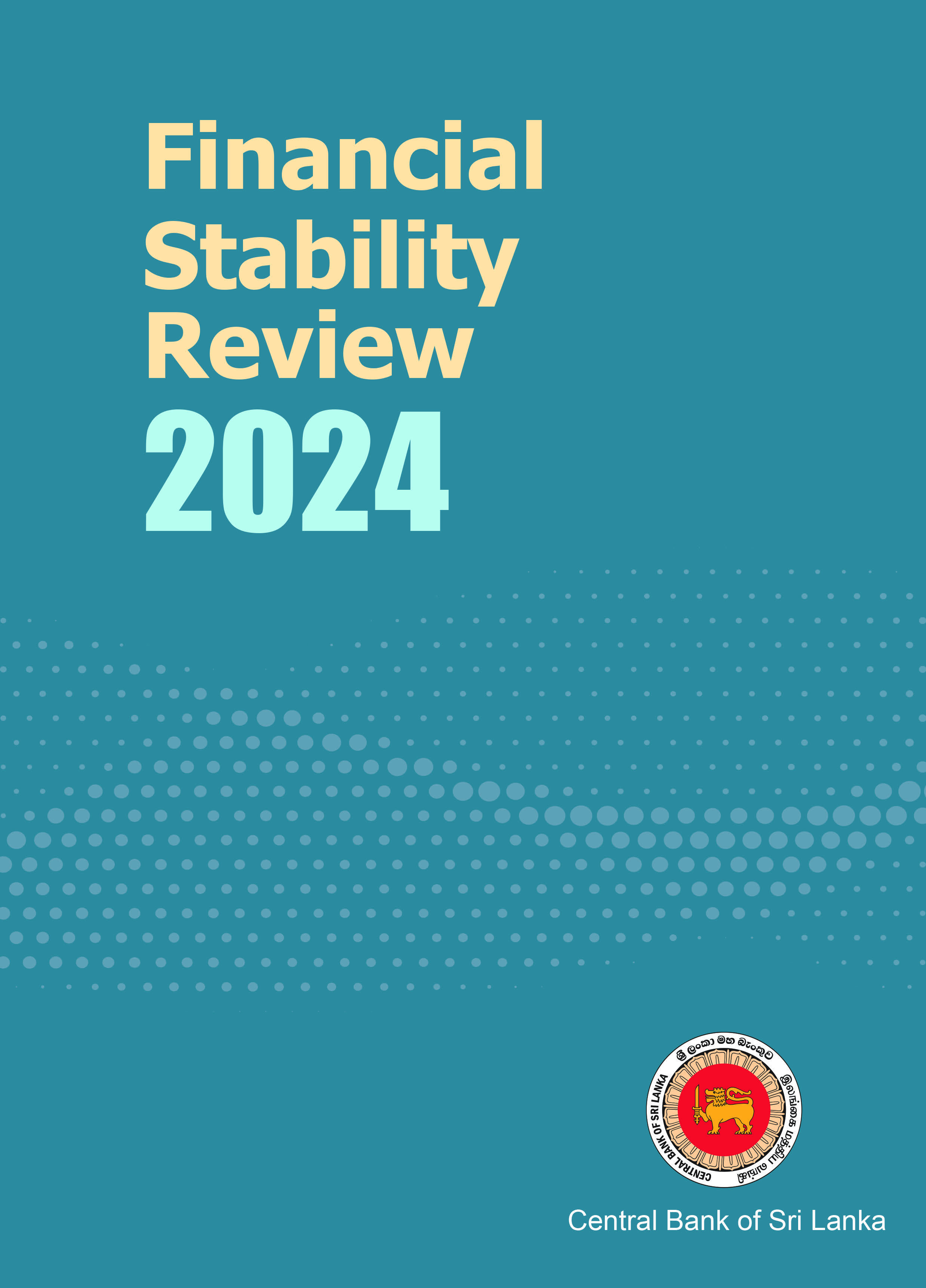Today, the Sri Lankan economy is at a crossroads. Decades of policy making as a sovereign nation have produced improvements in many aspects of the economy. There was significant social upliftment. Nevertheless, tough challenges remain – below potential growth, persistence of poverty pockets, underutilisation of productive resources, inadequate expansion and diversification of exports, shortfall of non-debt creating capital inflows, large credit and interest rate cycles, and high fiscal deficits and public debt levels. These challenges, which have been the outcomes of policy as well as non-policy factors, need to be addressed decisively for the economy to takeoff to a high and sustainable growth path. It is also essential that benefits of such high growth are distributed fairly across society and opportunities are created for all, leading to a more prosperous, happy and content nation, with equitable distribution of incomes and opportunities. Such an outcome needs innovative policies emanating from and backed by fresh innovative thinking.

















 Newly appointed Governor of the Central Bank of Sri Lanka Deshamanya Professor W D Lakshman assumed duties in his new post on Tuesday, the 24th of December 2019 at the Governor’s office in Colombo. His appointment was made by His Excellency the President of the Democratic Socialist Republic of Sri Lanka Gotabaya Rajapaksa, according to the provisions of the Monetary Law Act No.58 of 1949. Accordingly, Professor Lakshman will function as the Chairman of the Monetary Board of the Central Bank of Sri Lanka.
Newly appointed Governor of the Central Bank of Sri Lanka Deshamanya Professor W D Lakshman assumed duties in his new post on Tuesday, the 24th of December 2019 at the Governor’s office in Colombo. His appointment was made by His Excellency the President of the Democratic Socialist Republic of Sri Lanka Gotabaya Rajapaksa, according to the provisions of the Monetary Law Act No.58 of 1949. Accordingly, Professor Lakshman will function as the Chairman of the Monetary Board of the Central Bank of Sri Lanka.